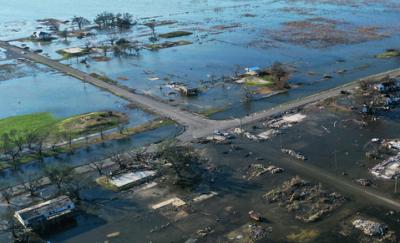Regulatory Development
Abt provides support for the TRI Program’s rulemaking activities, which may include changes such as altering reporting requirements or adding chemicals or industry sectors.
Reporting Guidance and Training
Abt develops guidance and training materials to help TRI reporters understand these requirements.
Data Analysis
Abt conducts analyses of TRI data to provide EPA with more detailed perspectives on trends and activities in specific industry sectors or related to specific chemicals.
- Food and automotive manufacturing profiles
- Measuring the impacts of source reduction
- Alternatives assessments
- Compliance/enforcement support, including data quality analyses and non-reporter analyses
Data Management
Abt develops and maintains EPA’s Risk-Screening Environmental Indicators (RSEI) model, which uses TRI air and water release data to model the fate, transport, and potential exposure of these chemicals in the community.
Communications and Outreach
Abt’s suite of communication support for the TRI Program helps EPA to work with various stakeholders, users, and audiences.
Digital Content Development
Through the use of our digital capabilities, Abt helps the TRI Program develop online tools for improving access to TRI data. These tools are available for public use and provide an easy way for anyone to find, analyze, and download data about toxic chemical releases and source reduction activities.
- TRI Search and TRI Search Plus
- TRI P2 Industry Profile
- TRI for Tribal Communities webpage




